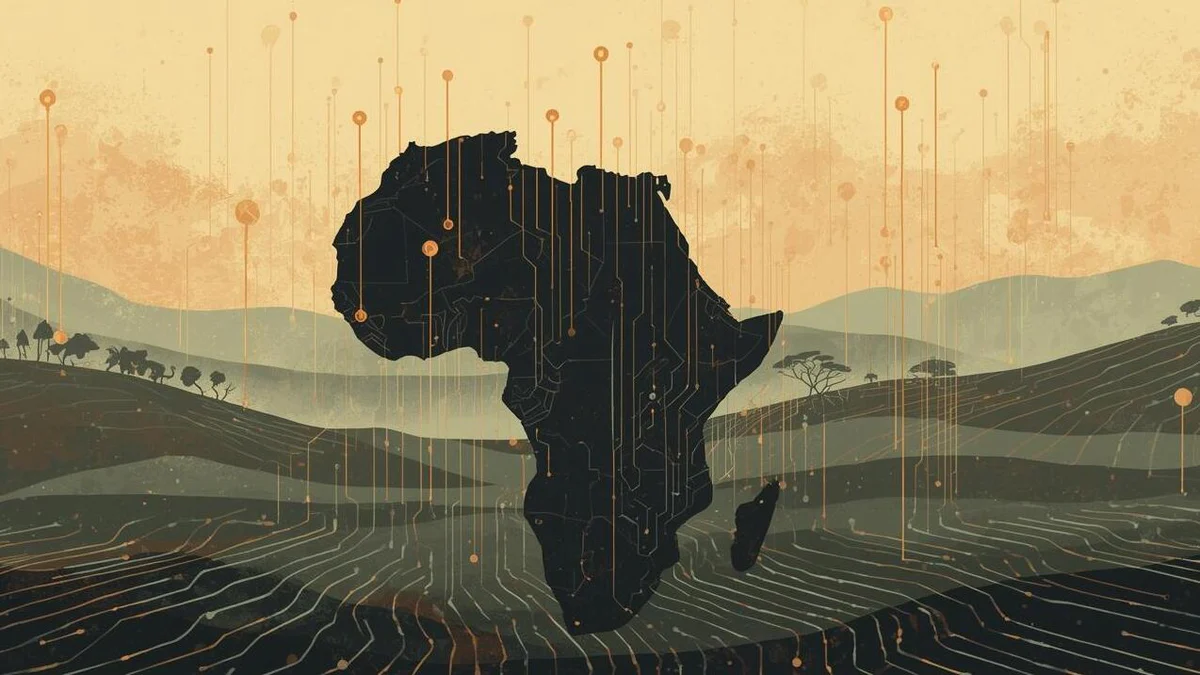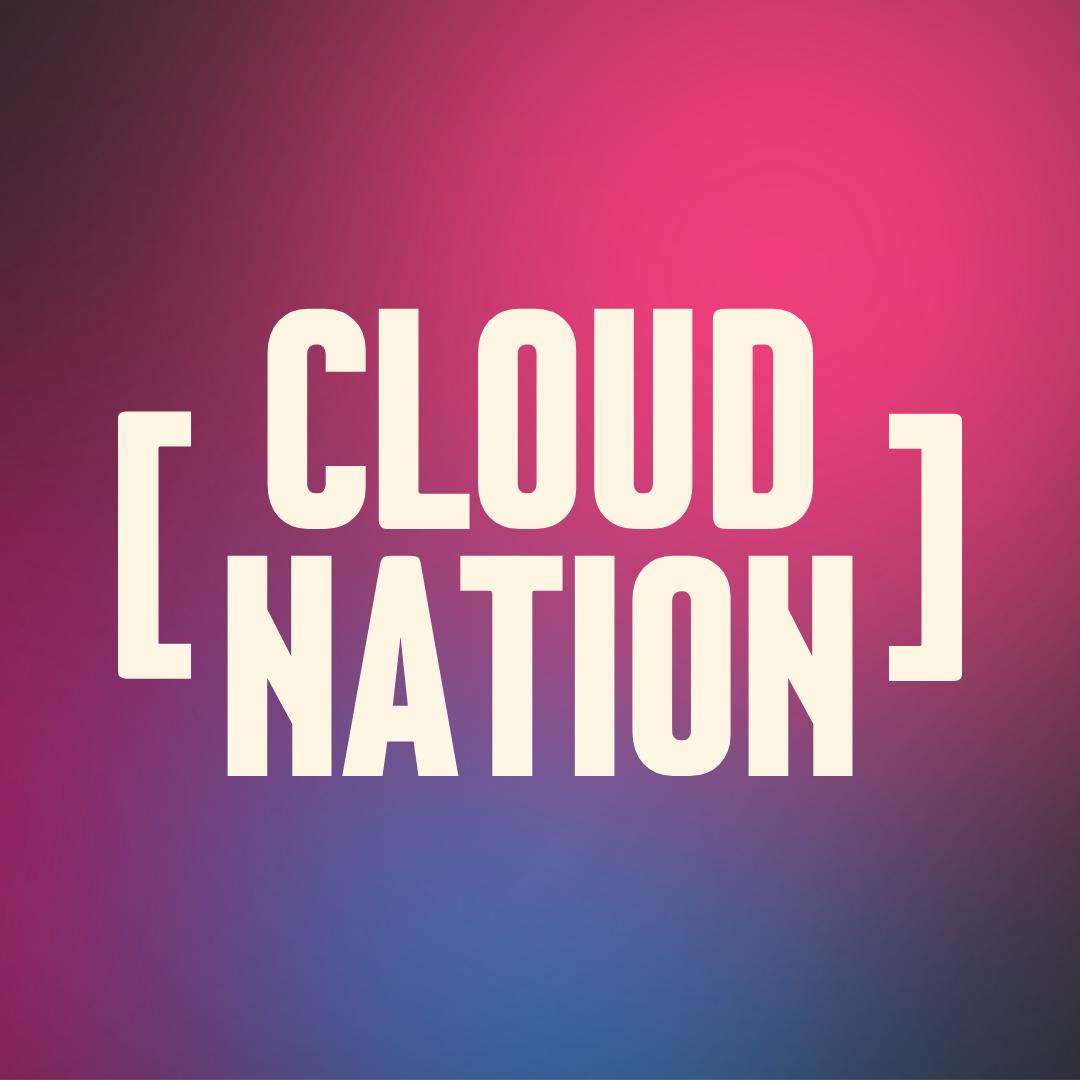Arts and Entertainment
African Languages Face Critical AI Integration Challenge Globally
Africa faces a critical challenge in integrating its 2,000+ languages into the global AI ecosystem. While currently lagging in AI development, the continent's linguistic diversity could become a strategic advantage in reshaping the future of artificial intelligence.
ParBradley Altman
Publié le
#artificial intelligence#African languages#digital sovereignty#technological development#NLP

African linguistic diversity meets artificial intelligence development challenges
The accelerating evolution of artificial intelligence (AI) raises a crucial question: how can African local languages find their place in a technological ecosystem dominated by English, Mandarin, and Spanish? While the continent lags in industrial and scientific AI deployment, it simultaneously faces a strategic challenge: the survival, valorization, and integration of its languages in tomorrow's digital universe.
Global Context and Technological Asymmetry
The United States, China, and to a lesser extent, Europe, currently concentrate the majority of AI-related infrastructure, funding, and patents. This centralization manifests in three critical dimensions: • Research Concentration: 80% of scientific publications originate from fewer than ten countries • Private Sector Dominance: Tech giants (Google, Microsoft, OpenAI, Baidu, Tencent) largely determine R&D priorities • Infrastructure Gap: Access to supercomputers and large language models remains highly unequal In this global landscape, Africa's structural deficit in funding, training, and data availability could transform into a strategic advantage if the continent successfully leverages its linguistic and cultural specificities.The Critical Role of African Languages
Africa's linguistic landscape encompasses over 2,000 languages, many fragmented and underrepresented in language model training datasets. This presents both challenges and opportunities: • Digital Erasure Risk: Languages like Wolof, Lingala, Swahili, and Hausa face progressive digital invisibility • Cultural Sovereignty: Linguistic anchoring affects both cultural transmission and cognitive sovereignty • Strategic Opportunity: Structured corpora and targeted machine translation could transform this challenge into differentiationEmerging Local Initiatives
Several African projects are addressing this gap: • Masakhane: A pan-African researcher network focusing on African language machine translation • Academic Institutions: Universities in Nairobi, Johannesburg, and Accra investing in NLP laboratories • Startups: Local ventures specializing in voice solutions adapted to African marketsGeopolitical and Economic Implications
Ignoring the language question implies accepting lasting technological dependence. As noted in analyses of Africa's AI development, the implications span multiple dimensions: • Economic: Local actors' marginalization in the global digital economy • Political: Weakened state capacity in AI regulation and governance • Social: Widening gap between globally connected elites and locally rooted populations The African AI gap represents not just a challenge but a strategic opportunity. Through targeted investments in corpus development, engineer training, and infrastructure, the continent could emerge as an innovative actor, reimagining AI through its unique social, economic, and cultural lens.Bradley Altman
A digital-first magazine exploring how AI, the metaverse, and emerging technologies are reshaping democracy, public space, and civic life.
